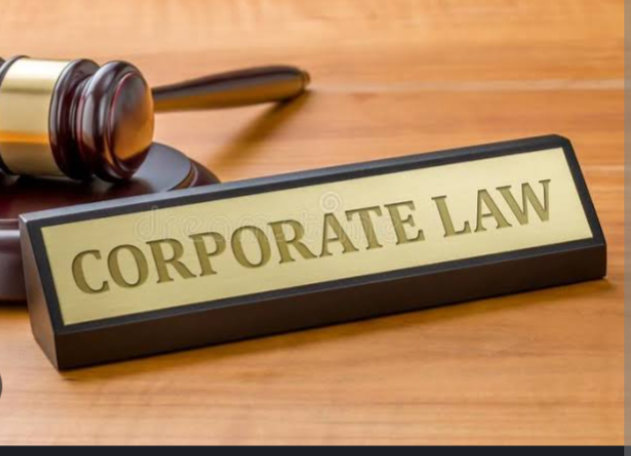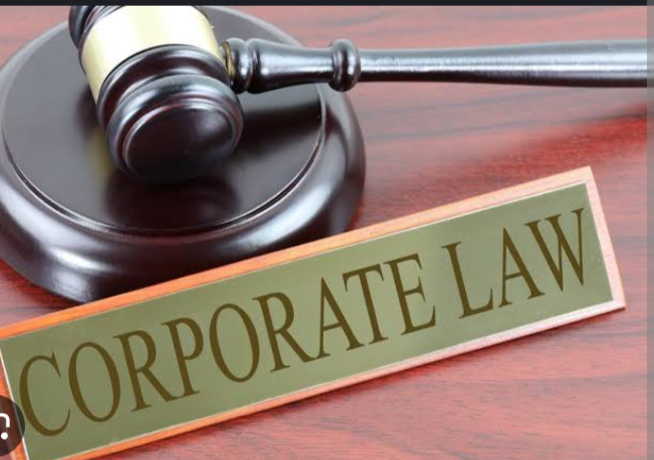Expand Your Legal Understanding Today

At MERIT Legal Institute, we simplify complex legal concepts to empower you with practical knowledge and guidance, helping you confidently manage your legal affairs.
Thanks to MERIT Legal Institute, I now navigate legal challenges with clarity and confidence—I highly recommend their insightful guidance.

Jordan Lee
Legal Consultant
Navigate Your Legal Rights Confidently
MERIT Legal Institute is committed to empowering individuals through legal education, helping them understand their rights and the complexities of law to make informed decisions with assurance.



Legal Insights
Explore expert articles and practical guides designed to deepen your understanding of legal rights and processes.
-

How to Get a Tax Identification Number (TIN) After Incorporation
Incorporating a company is only the first legal milestone in building a compliant and operational business. The next—and often misunderstood—step is obtaining a Tax Identification Number (TIN). Across jurisdictions, a TIN is the legal key that unlocks tax compliance, banking access, employment registration,…
-

Requirements for Foreign Entrepreneurs to Start a Business
Globalization, digital commerce, and remote work have fundamentally changed entrepreneurship. Today, foreign entrepreneurs can start and operate businesses across borders without ever relocating physically. However, while technology has reduced barriers, law and regulation remain decisive gatekeepers. One of the most common questions we…
Empowering You Through Legal Knowledge
Discover upcoming seminars and workshops designed to deepen your understanding of legal rights and foster community engagement.

Understanding Your Legal Rights Seminar
Date:
Location:
Join us for an insightful session on navigating key legal protections in everyday life.

Legal System Navigation Workshop
Date:
Location:
Hands-on guidance to help you confidently handle legal procedures and paperwork.

Know Your Consumer Rights Webinar
Date:
Location:
Explore practical tips to protect yourself in everyday transactions and disputes.

Community Legal Q&A Session
Date:
Location:
Engage with legal experts as they answer your pressing questions in an open forum.
Empowering You Through Legal Knowledge
Easily schedule your consultation with clear, step-by-step instructions designed to make booking simple and hassle-free.

